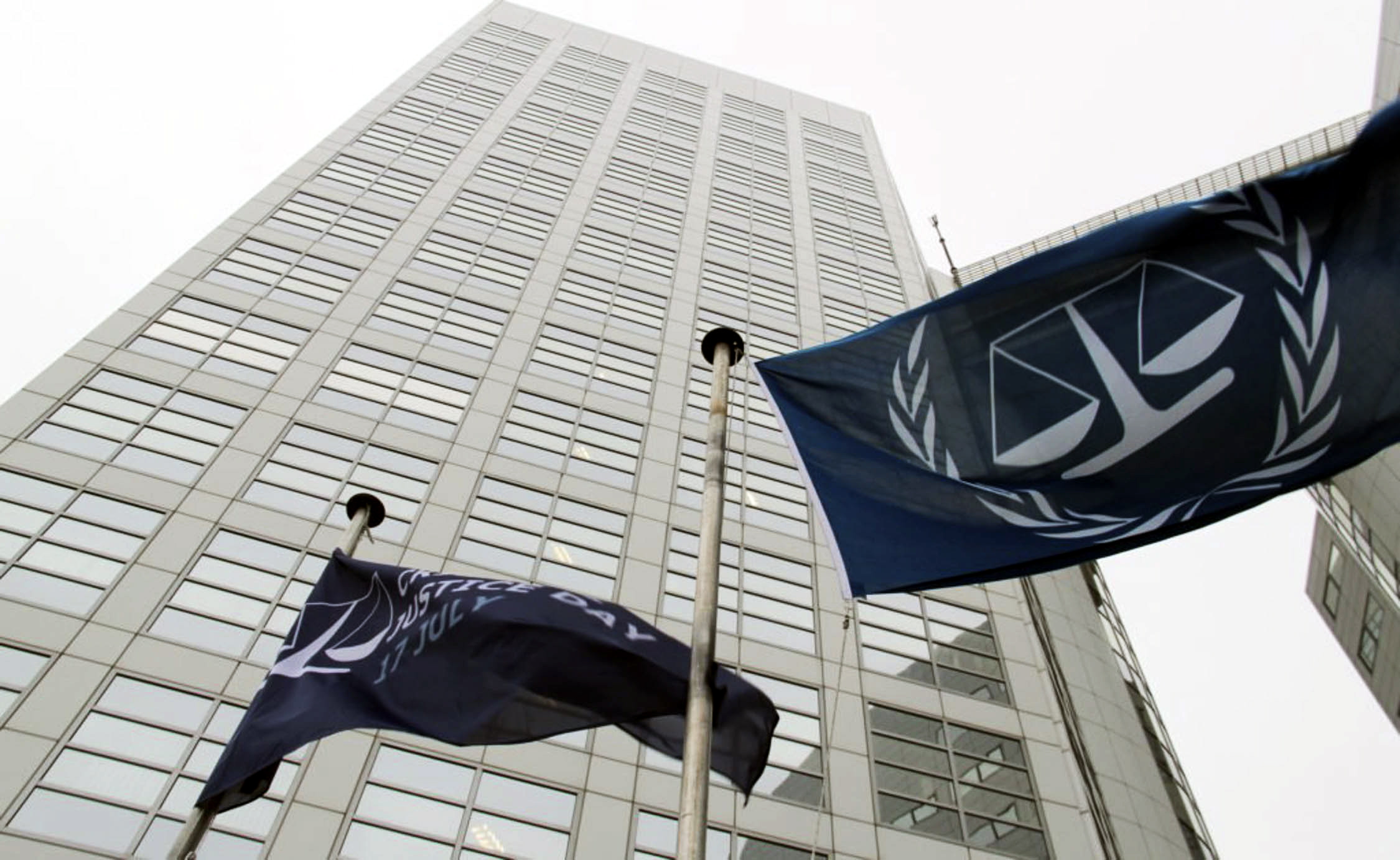Wanted at ICC: Filipino, Cebuano translators

VANGUARD OF JUSTICE The International Criminal Court (ICC) in The Hague is investigating the extrajudicial killings related to the drug war in the Philippines from Nov. 1, 2011, to March 16, 2019, when Rodrigo Duterte served as Davao City mayor and Philippine president. —ICC PHOTO
The International Criminal Court (ICC) is looking to hire translators of major Philippine languages, in what lawyers of drug war victims believe could be a sign that its investigation of extrajudicial killings during the Duterte administration is moving into the next stage.
Based on a job posting on European career opportunity websites, the Hague-based ICC’s Office of the Prosecutor seeks applicants fluent in Filipino, Tagalog and Cebuano to serve as freelance translators in its Language Services Unit (LSU) in the Integrated Services Division.
The call for applicants appeared on at least two job search websites, SuccessFactors and Impactpool.
Successful applicants, according to the posting, will be expected to “produce self-reviewed translations covering a wide range of topics including, but not limited to, legal, military, medical, forensic, human rights, administrative and financial matters in keeping with LSU guidelines, glossaries and established terminology.”
‘Upsetting, disturbing’
The posting came with a warning regarding the sensitive nature of the ICC’s tasks: “Mindful of the nature of the ICC’s mandate and operations, freelance translators must understand that material outsourced for translation may on occasion risk being of an upsetting or disturbing nature.”
Article continues after this advertisementFilipino is the Philippines’ national language largely based on Tagalog, while Cebuano is one of the country’s major languages widely spoken in the Visayas and Mindanao, including Davao, where the Duterte family has ruled for decades.
Article continues after this advertisementREAD: Challenges ahead for ICC ruling
Reached for comment, Filipino lawyers representing the families of victims of the bloody drug war said the search for translators could mean that the ICC prosecutor might be moving into an “active phase of fieldwork and questioning witnesses.”
“The ICC has shown its commitment to a fair and thorough investigation, which we trust will also mean a fair and efficient trial as we move into the next stage,” Kristina Conti of the National Union of Peoples’ Lawyers (NUPL) told the Inquirer.
Conti is also an ICC assistant to counsel in the drug war investigation.
“The ICC’s efforts to secure translators, especially those who could work on the field, is consistent with the scope of the investigation—from November 2011 in Davao, and then from July 2016, nationwide,” she said.
“Of course we are heartened by the court’s efforts to hear directly from them,” Conti said.
The hiring of translators suggested that investigators would travel to the Philippines to interview victims and families of those killed, and other witnesses about thousands of deaths during former President Rodrigo Duterte’s incumbency as mayor of Davao City, and then as president.
They might also be needed to parse documents already gathered in the course of the investigation. Translators work on written material while interpreters work on spoken language.
Duterte put on trial?
“It now makes the possibility of former President Duterte being put on trial in the ICC a very strong possibility,” NUPL president Neri Colmenares told the Inquirer by phone.
Government data show that more than 6,000 people were killed during Duterte’s brutal drug campaign, but rights groups believe the actual number could be more than 20,000, as a result of erroneous or falsified records.
President Marcos has repeatedly said he does not recognize the ICC’s jurisdiction since his predecessor withdrew the Philippines from the Rome Statute, the tribunal’s founding document, in March 2018, which took effect a year later.
In January last year, the ICC resumed its inquiry into the drug war deaths after a series of interruptions due to appeals by the Philippine government not to pursue the case.
On Jan. 21, 2024, former Sen. Antonio Trillanes IV, one of those who submitted complaints to the ICC, said a warrant of arrest against Duterte might be issued in the first half of 2024, after ICC investigators visited the country in December. Any future visits by ICC investigators would be “for the purpose of obtaining enough evidence for the secondary level of accused or respondents,” he said. —WITH A REPORT FROM INQUIRER RESEARCH INQ